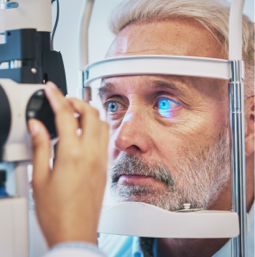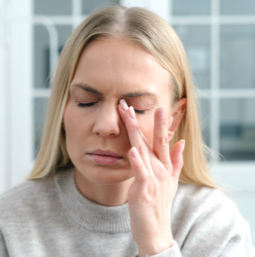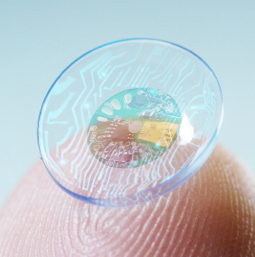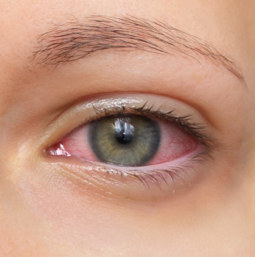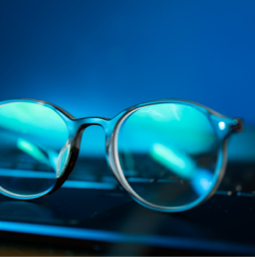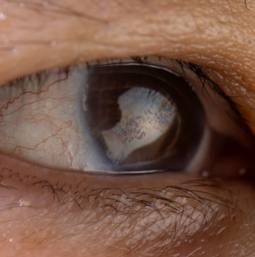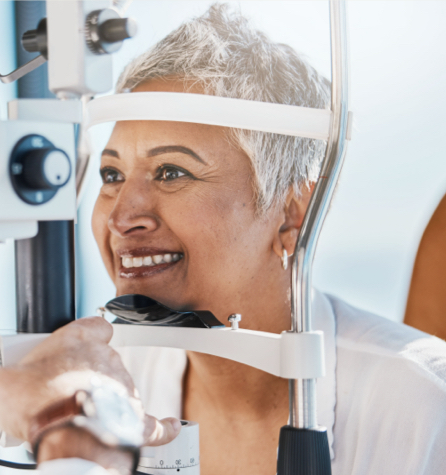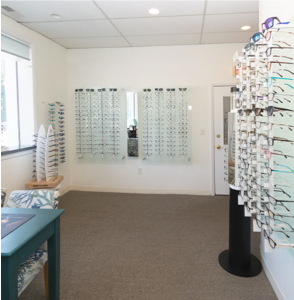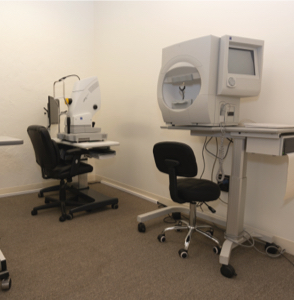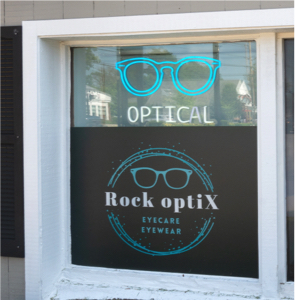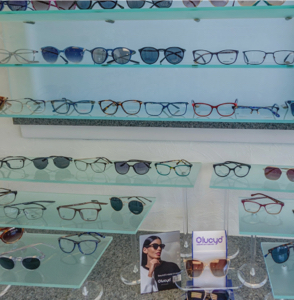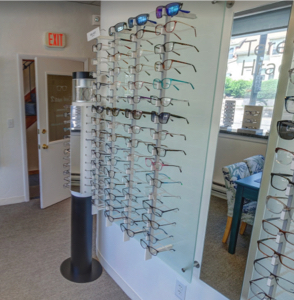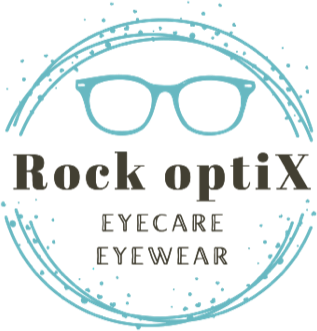Dry eyes are a common medical complaint, affecting 10 to 20% of patients. You might be familiar with the dry, scratchy feeling of dry eye, but did you know that dry eye syndrome can cause blurry vision as well? If your vision improves when you blink, the blurriness is likely caused by dry eyes.
At Rock optiX, Dr. Hrach can assess your eye health, pinpoint the cause of your blurry vision, and treat dry eyes during your next comprehensive eye exam.
What Causes Dry Eyes?
Dry eye occurs when tears cannot properly lubricate the eyes, either due to a decrease in tear creation or an increase in tear evaporation. Insufficient tears lead to eye irritation and inflammation, causing issues in the tear film. If left untreated, dry eye can damage the corneal surface and other ocular structures, intensifying symptoms and impacting your ability to see clearly.
Other factors that can impact your tear film include:
- Age: Dry eyes are more likely to develop as you age.
- Medical conditions: Diabetes, thyroid problems, and autoimmune diseases can lead to dry eyes.
- Pregnancy: Hormonal changes can increase the risk of dry eyes.
- Medication use: Antihistamines, blood pressure medications, and antidepressants can affect tear production.
- Environmental conditions: Wind, smoke, dry air, living in a dry climate, or using your computer for long periods without rest can influence tear evaporation and cause dry eyes.
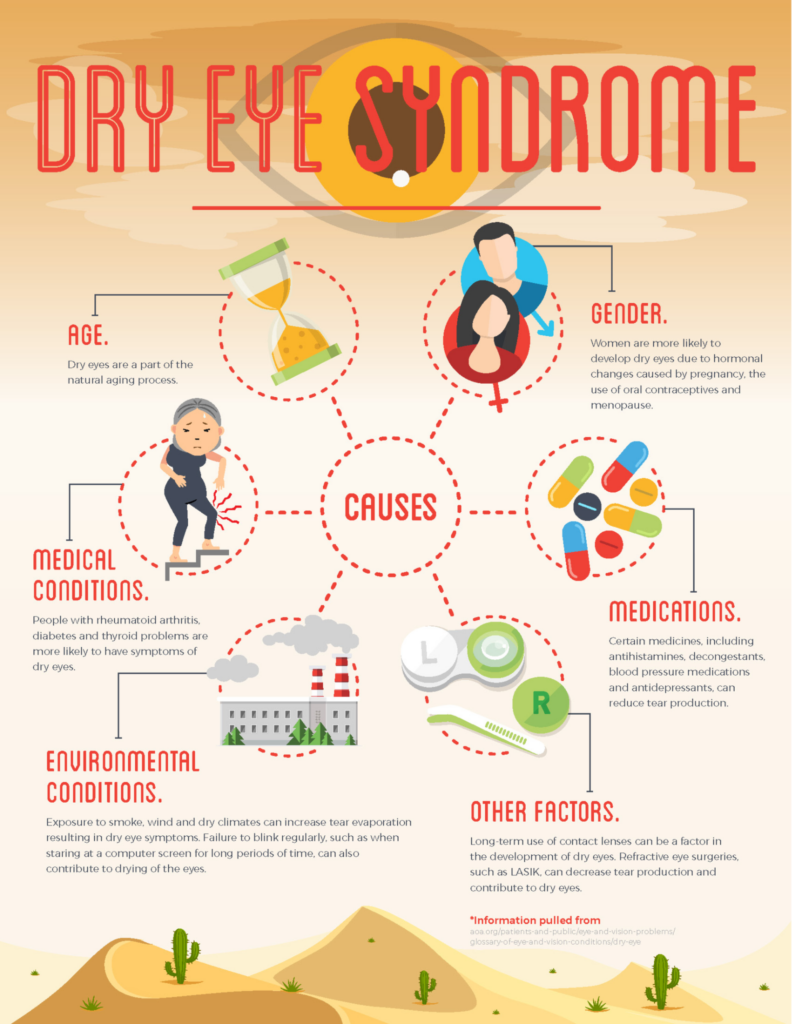
Will Drinking Water Help with My Dry Eyes?
Hydration, along with avoiding causes of dehydration, can help relieve the symptoms of dry eye. Dr. Hrach recommends drinking 4-6 glasses of water per day, using a humidifier in dry weather, and avoiding contact with blowing air. Reducing alcohol and caffeine intake, taking breaks from screens, and avoiding oral antihistamines can be beneficial as well.
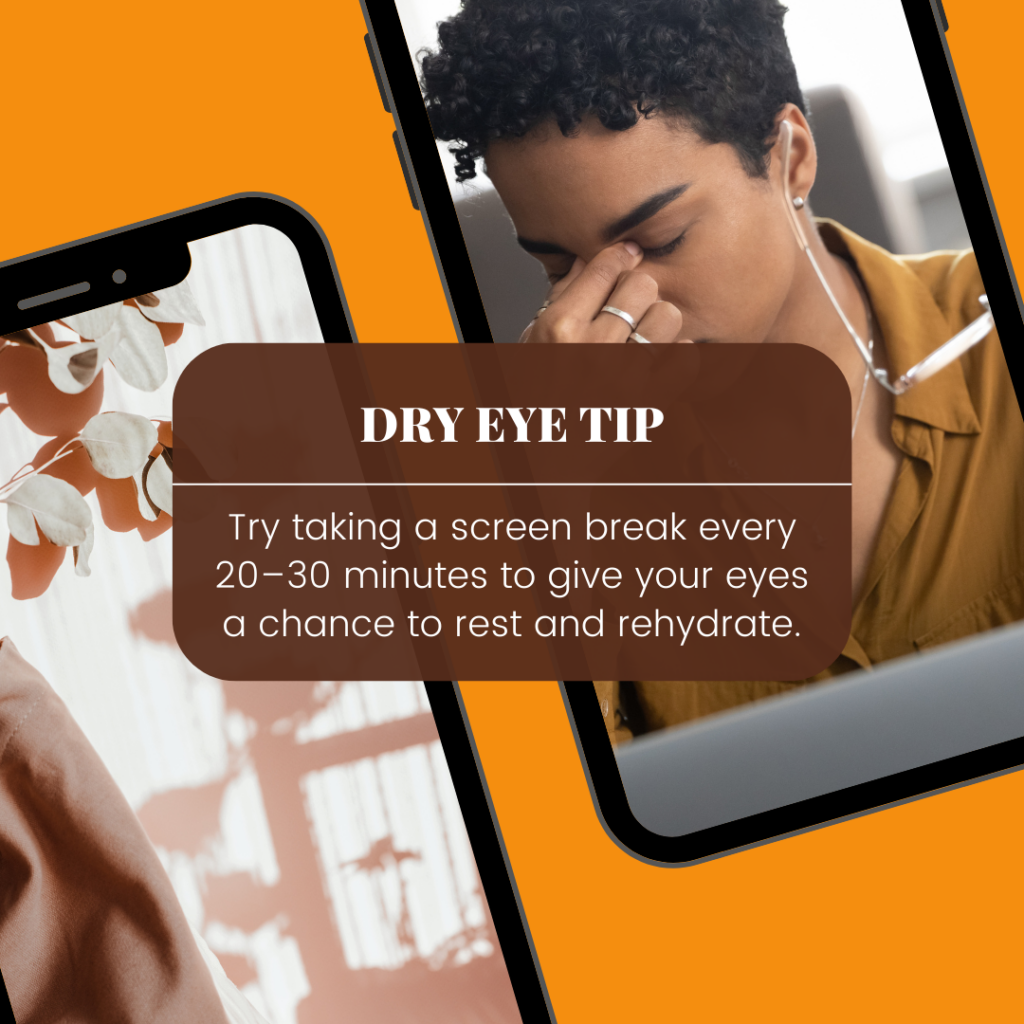
Should I Use Artificial Tears to Relieve Symptoms of Dry Eye?
Yes, absolutely! You can also buy artificial tears at your local pharmacy. Be sure to use preservative-free drops and apply 1 to 2 drops, 3 or 4 times a day.
Dr. Hrach recommends Retaine MGD Advanced Formula or Systane Complete Lubricant Eye Drops for moderate to severe dry eye.
There are also drops specifically for nighttime use, such as Genteal Gel Drops and Systane Nighttime Ointment. To provide comfort when sleeping, use 1 to 2 drops before going to bed.
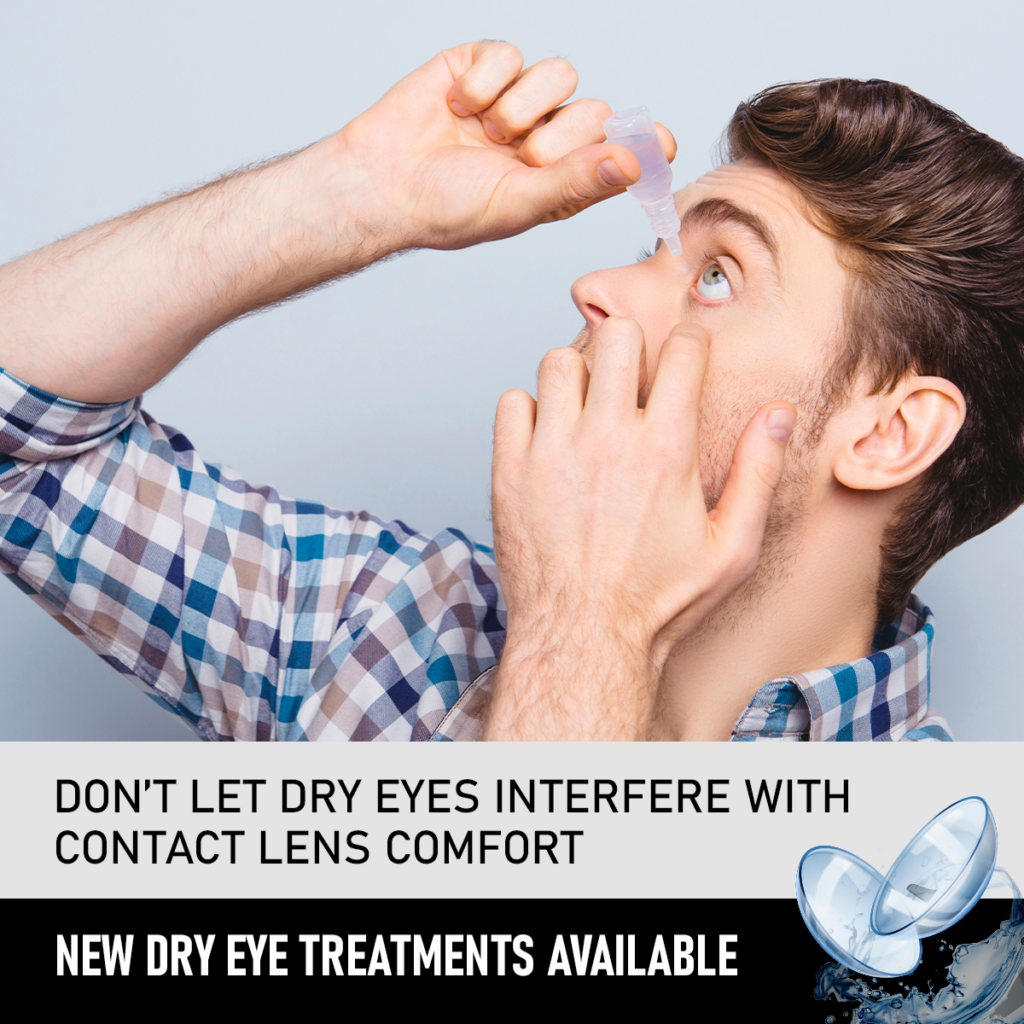
How Can I Treat Dry Eyes at Home?
First, it is important to blink frequently. This will help lubricate the eyes, reducing irritation and dryness, and is particularly important when viewing screens. However, for persistent symptoms, hot compresses are a great at-home treatment option.
There are three different methods that Dr. Hrach recommends for hot compresses.
Method 1: Put clean washcloths in boiling water, use tongs to pick one up, and hover it near your face, allowing the steam to make contact with your eyes. When the washcloth is no longer too hot, rest it on your eyelids. Repeat the process with another washcloth, continuing for 10 to 15 minutes.
Method 2: Dampen clean towels in room temperature water, squeeze out excess water, and wrap the towels tightly in a bundle. Place the towels in a dish with a lid and microwave for 1 minute and 40 seconds. Allow the towels to cool for 1 to 2 minutes before placing the outermost towel on the eyes.
Keep the remaining towels in the covered dish, using one at a time as each towel cools. Work from outside to inside, using the innermost towel last.
Method 3: Take two clean washcloths and cut them into 4 long strips. Cut the strips in half, creating 8 total strips. Place all strips in a bowl and add water. Cover the bowl with a clean towel and microwave until hot.
Allow the towels to cool for 1 to 2 minutes before placing one on your eyes. Keep the remaining towels in the covered dish, using one at a time as each towel cools.
Can Changing My Diet Help My Dry Eye?
Yes, a diet rich in omega-3 fatty acids can be beneficial for dry eyes. These are the fats that help the meibomian glands produce the oils crucial for a healthy tear film, preventing excessive dryness. Omega-3 fatty acids can be found in fatty fish, such as tuna, salmon, and dark meat fish, as well as in walnuts, nuts, and seeds. Dr. Hrach also recommends eating one to two tablespoons of ground flaxseed or chia seed per day.
What Supplements Can I Take for My Dry Eyes?
Although not a substitute for consuming omega-3-rich foods, there are supplements that Dr. Hrach recommends for treating dry eye syndrome. These include flaxseed oil or fish oil, such as Coromega, Omega-3 Orange Squeeze packets, and Nordic Naturals Omega-3 Liquid.
What Clinical Treatment Options Are There for Dry Eye?
There is no “magic bullet” cure for dry eye, and appropriate care requires diligence with recommended treatments, such as hot compresses.
However, if at-home remedies do not relieve symptoms, punctal occlusion is an option. During this procedure, a biocompatible plug is inserted into the tear duct to prevent tear depletion, increasing the amount of tears available to lubricate the eye.
If you are experiencing symptoms of dry eye syndrome, try some of the at-home treatment options and be sure to talk to Dr. Hrach about the various treatment options during your next comprehensive eye exam.



